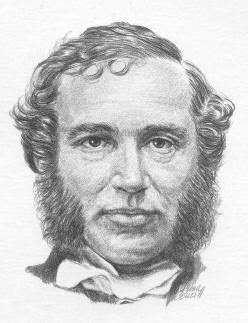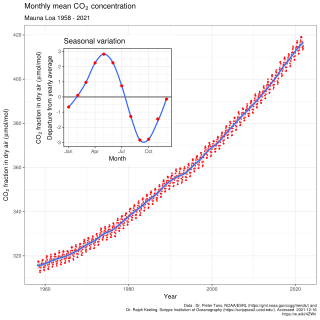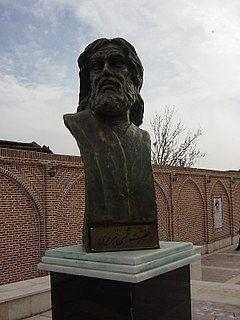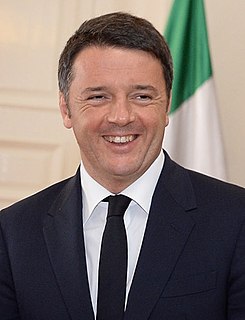A Quote by Tom Chatfield
Mass literacy is a phenomenon of the past few centuries, and one that has reached the majority of the world's adult population only within the past 75 years.
Quote Topics
Related Quotes
When thinking about the future, it is fashionable to be pessimistic. Yet the evidence unequivocally belies such pessimism. Over the past centuries, humanity's lot has improved dramatically - in the developed world, where it is rather obvious, but also in the developing world, where life expectancy has more than doubled in the past 100 years.
But the past does not exist independently from the present. Indeed, the past is only past because there is a present, just as I can point to something over there only because I am here. But nothing is inherently over there or here. In that sense, the past has no content. The past - or more accurately, pastness - is a position. Thus, in no way can we identify the past as past
The past is an interpretation. The future is on illusion. The world does not move through time as if it were a straight line, proceeding from the past to the future. Instead, time moves through and within us, in endless spirals. Eternity does not mean infinite time, but simply timelessness. If you want to experience eternal illumination, put the past and the future out of your mind and remain within the present moment.
Italy will start the future. Because in the last 20, 20 years, Italy discussed only about the past. "Oh, the past is wonderful in Italy." Look, look Palazzo Vecchio. The most beautiful place in the world, in my opinion, I think this is incredible place. But the past is not sufficient. Is not enough. We need the future. Because we are Italians. And Italy is not only a museum.
If history is to be creative, to anticipate a possible future without denying the past, it should, I believe, emphasize new possibilities by disclosing those hidden episodes of the past when, even if in brief flashes, people showed their ability to resist, to join together, occasionally to win. I am supposing, or perhaps only hoping, that our future may be found in the past's fugitive movements of compassion rather than in its solid centuries of warfare.



































